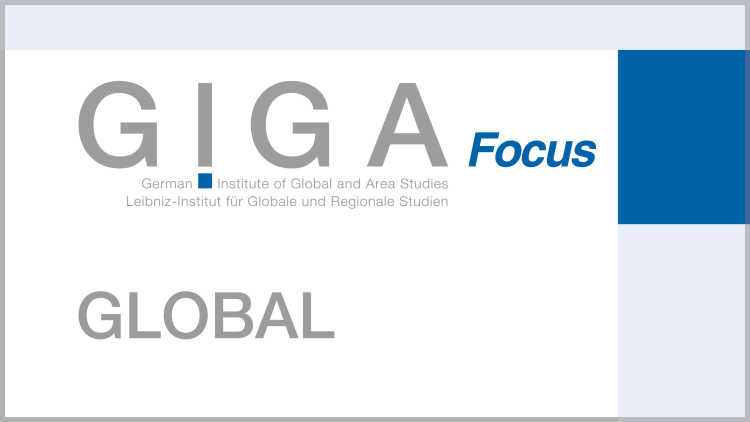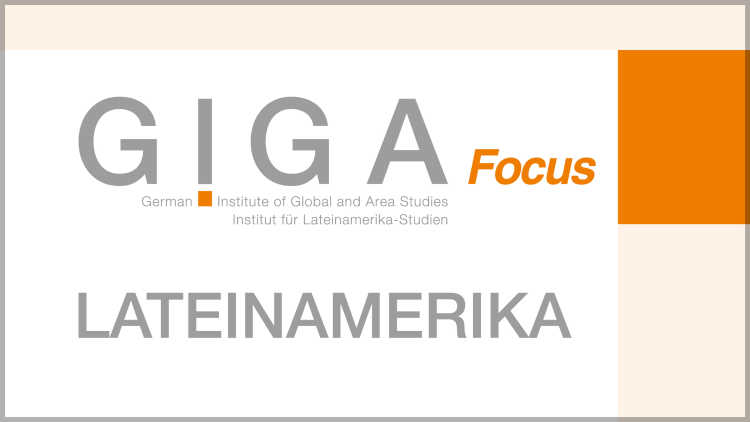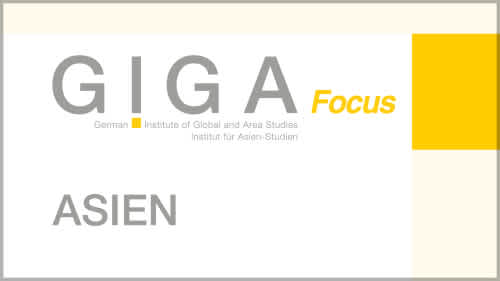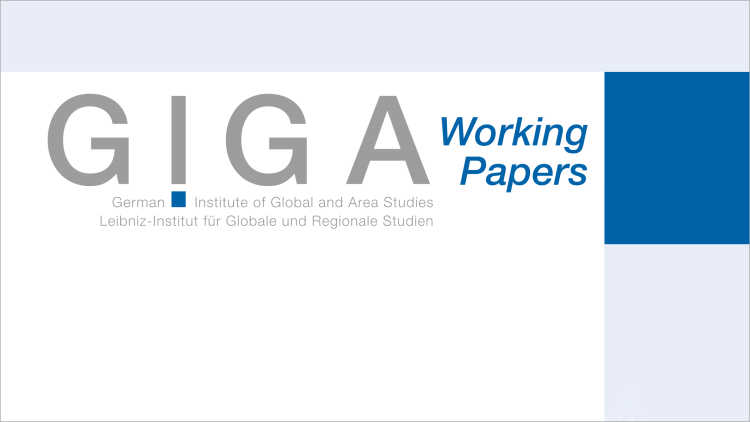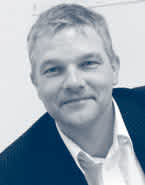- Home
- Publications
- GIGA Focus
- Artillerieangriff und zweites Nuklearprogramm: Nordkorea dreht an der Konfliktspirale
GIGA Focus Asia
Artillerieangriff und zweites Nuklearprogramm: Nordkorea dreht an der Konfliktspirale
Number 11 | 2010 | ISSN: 1862-359X
Am 23. November 2010 beschoss die nordkoreanische Artillerie die südkoreanische Insel Yeonpyeong; vier Menschen, darunter zwei Zivilisten, kamen ums Leben. Südkorea erwiderte das Feuer. Bereits zuvor im November hatte Nordkorea ein zweites, bisher geheimes Nuklearprogramm präsentiert.
Analyse Die neuerlichen Provokationen Nordkoreas sind als Demonstrationen militärischer bzw. militärisch relevanter technologischer Stärke Pjöngjangs gedacht. Sie dürften nicht zuletzt mit der geplanten innerfamiliären Weitergabe der politischen Herrschaft in Verbindung stehen.
Mit dem Artilleriebeschuss haben die gezielten Nadelstiche Nordkoreas ein Ausmaß erreicht, das es seit den 1980er Jahren nicht mehr gegeben hat.
Obgleich die Gefahr größerer Kampfhandlungen auf der koreanischen Halbinsel insgesamt gewachsen sein mag, ist eine weitere Eskalation der Militäraktionen derzeit nicht zu erwarten.
Nordkoreas Aktivitäten im November 2010 sind Ausfluss der Schwierigkeiten, die sich aus der geplanten Machtübergabe von Kim Jong Il an dessen jüngsten Sohn Kim Jong Un ergeben. Der Stabwechsel soll bzw. muss trotz des desolaten Zustandes der Wirtschaft erfolgen.
Die USA, Japan und Südkorea sind enger zusammengerückt, weil sie Nordkorea immer stärker als Bedrohung wahrnehmen. China hat in der Krise nur begrenzt eine hilfreiche Rolle gespielt und will Nordkorea nicht fallen lassen.
Die Möglichkeiten des Westens zur Einflussnahme auf Nordkorea sind beschränkt; Sanktionen bleiben die beste aller schlechten Optionen.
Footnotes
Regional Institutes
Research Programmes
How to cite this article
Gerschewski, Johannes, and Patrick Köllner (2010), Artillerieangriff und zweites Nuklearprogramm: Nordkorea dreht an der Konfliktspirale, GIGA Focus Asia, 11, Hamburg: German Institute for Global and Area Studies (GIGA), http://nbn-resolving.de/urn:nbn:de:0168-ssoar-274895
Imprint
The GIGA Focus is an Open Access publication and can be read on the Internet and downloaded free of charge at www.giga-hamburg.de/en/publications/giga-focus. According to the conditions of the Creative-Commons license Attribution-No Derivative Works 3.0, this publication may be freely duplicated, circulated, and made accessible to the public. The particular conditions include the correct indication of the initial publication as GIGA Focus and no changes in or abbreviation of texts.
The German Institute for Global and Area Studies (GIGA) – Leibniz-Institut für Globale und Regionale Studien in Hamburg publishes the Focus series on Africa, Asia, Latin America, the Middle East and global issues. The GIGA Focus is edited and published by the GIGA. The views and opinions expressed are solely those of the authors and do not necessarily reflect those of the institute. Authors alone are responsible for the content of their articles. GIGA and the authors cannot be held liable for any errors and omissions, or for any consequences arising from the use of the information provided.


